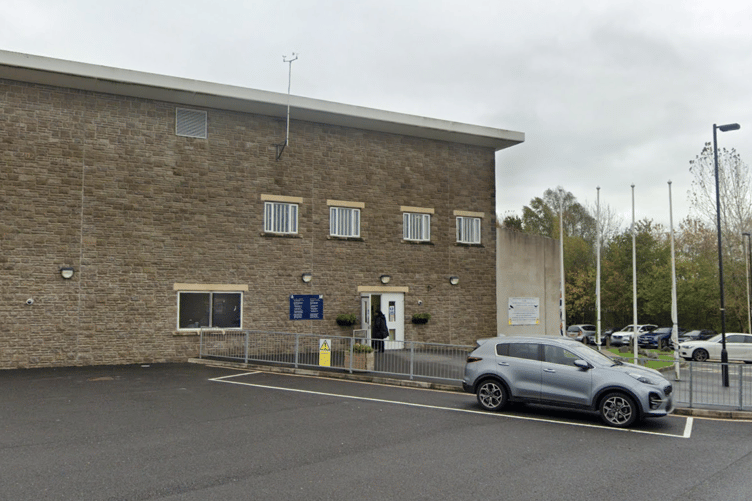Campbell Robb, Chief Executive of social justice charity Nacro, has described the latest ‘Children in Custody’ report from HM Inspectorate of Prisons as “deeply alarming,” while Wales’ Parc has been praised as an example for others to follow.
Since 2001 HM Inspectorate of Prisons has carried out a ‘Children in custody’ report, providing an analysis of 12-18-year-olds' perceptions of their experiences in secure training centres (STCs) and young offender institutions (YOIs) across England and Wales.
The latest review, which analysed HMI Prisons survey findings from children living in five young offender institutions in England and Wales and one secure training centre (Oakhill STC) between April 2024 and March 2025, found children were locked up for too long in most establishments, with many unable to take part in any productive activity during their time in custody. Eighty-two per cent of children in the establishments responded to the survey.
Although the number of children held in young offender institutions and Oakhill STC had decreased since the last annual review, outcomes had not improved, despite improved child-to-staff ratios. Appalling findings at Cookham Wood in 2023 had led to its closure as a young offender institution in 2024, but this merely meant that children were moved to other struggling establishments.
Relationships between children – 65 per cent of whom told the Inspectorate they had been in local authority care – and staff remained weak in most places. Too few children were motivated to behave well and only 26 per cent felt the rewards and incentives schemes were fair.
Violence was rife, with 43 per cent saying they had felt unsafe at some point and 61 per cent experiencing some form of bullying, violence or victimisation from other children, yet shockingly only 27 per cent saying they would report this victimisation. In the absence of effective behaviour management schemes, staff resorted to keeping children apart from each other or separating them completely, and some children stayed in their cells because they were scared. This limited their ability to get to activities, with 39 per cent at Feltham A saying they were not engaged in any education, work or training. Even when children did make it to activities, the quality of provision was frequently poor.
Only Parc young offender institution was bucking the trend across the establishments, with consistent daily routines which got children out of their cells, 85 per cent saying they felt cared for by staff, and far fewer children feeling unsafe.
Chief Inspector Charlie Taylor said:
“As with last year, outcomes in young offender institutions and the secure training centre continue to be worryingly poor and, in some cases, children’s perceptions of their time in custody have got worse. This is because of the frequency of reckless and unpredictable violence from their peers. Indeed, when we inspected Oakhill with Ofsted three months after this review period, the situation at the centre had deteriorated so badly, and we had such serious concerns about safeguarding, that Ofsted issued an Urgent Notification for improvement.
“Many of the children in custody are very challenging, and strong, supportive relationships are essential if they are to be rehabilitated. The Youth Custody Service must learn from the success of Parc and use it as a benchmark to measure improvements in the treatment of and conditions for children elsewhere.”
Responding to the latest ‘Children in custody’ report, Nacro CEO Campbell Robb said: “The fact that so many children still feel unsafe, cut off from education, and unsupported by staff should prompt urgent action.
“Levels of violence remain unacceptably high – far higher than amongst adults. While too many children are spending long hours locked in their cells with little access to education and training. This approach risks entrenching disadvantage. These young people need care, support, and the opportunity to build brighter futures - not more trauma and neglect.
“Custody should always be a last resort, and when it is used, it must be safe and focused on helping children turn their lives around. The Government must act now to address these failings and ensure every child in custody has the chance to thrive, not just survive.”





Comments
This article has no comments yet. Be the first to leave a comment.